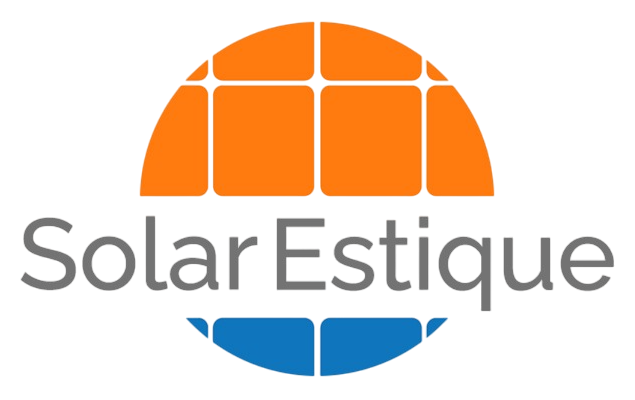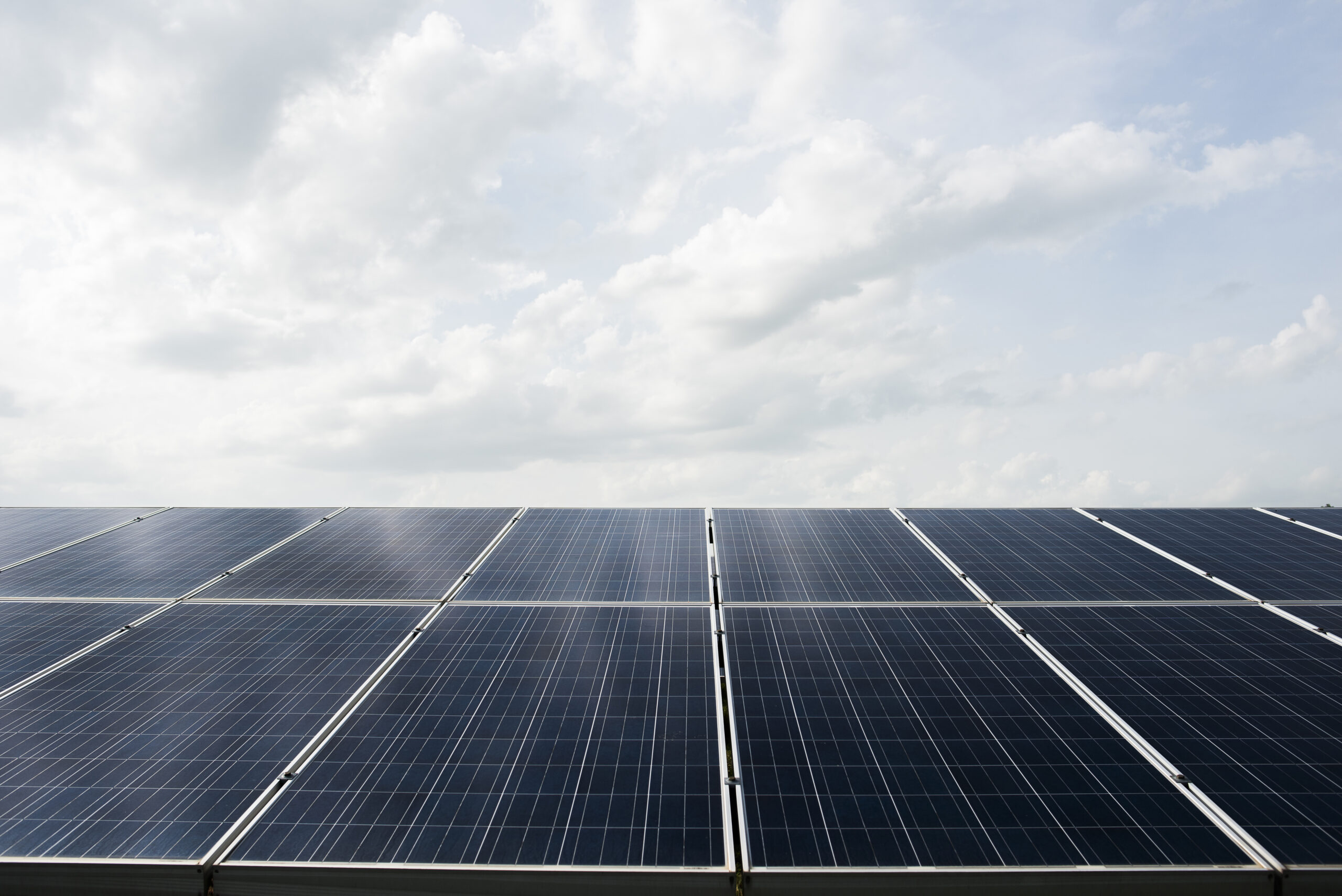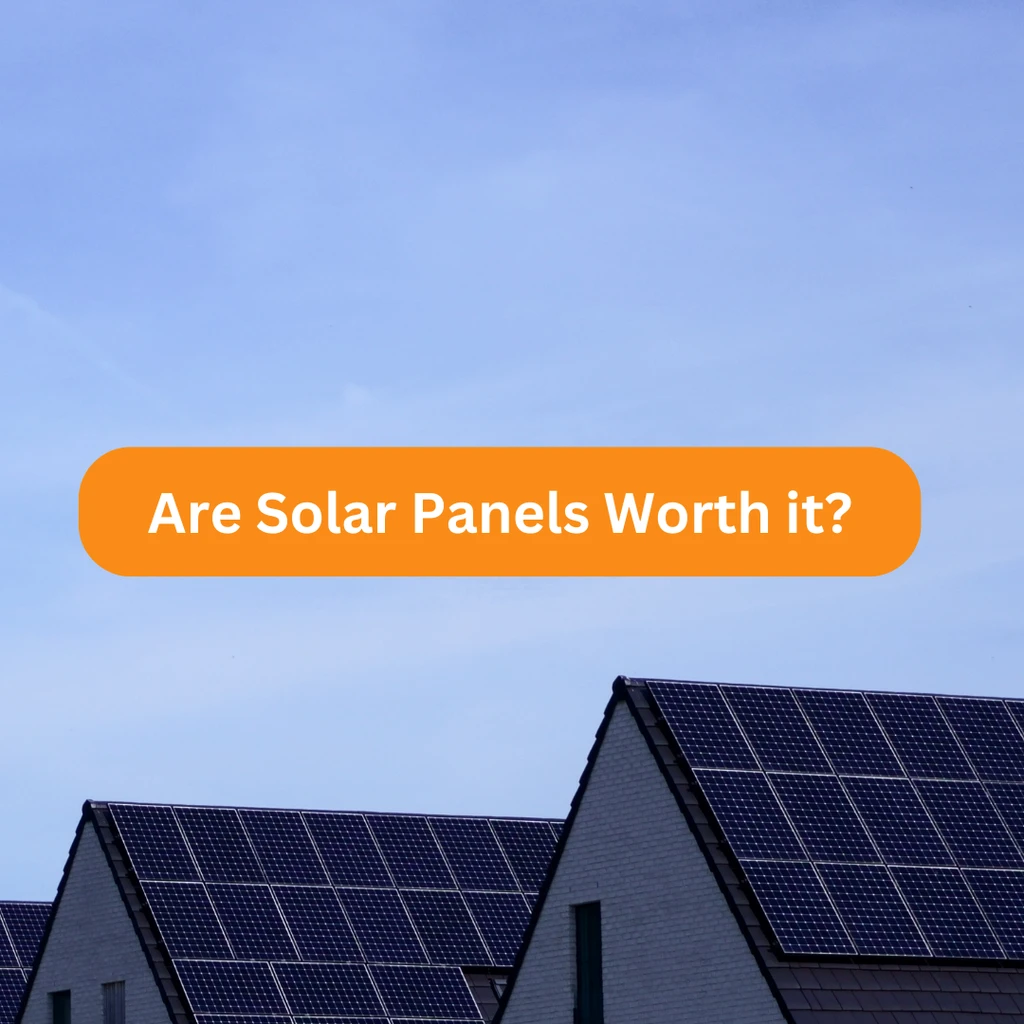The Big Beautiful Bill is a big new law that changed rules about clean energy. It shortens or ends some federal solar incentives and changes when people can get money back for putting panels on their homes. This matters a lot for the residential solar tax credit and for people thinking about home solar installations.
The Big Beautiful Bill makes big and fast changes to tax credits and funding for solar. The main effect is that the 30% residential solar tax credit that helped many homeowners is ending for projects installed after 2025 unless special rules are met. This will make home solar installations more expensive for some people and change choices across the solar industry.
Why this matters for homeowners
If you were planning to install solar, the Big Beautiful Bill can change your math. The residential solar tax credit used to cut the price by about 30% for many systems. With that credit gone or limited, the solar panel cost that a homeowner pays out of pocket can go up. That can slow down new home solar installations and affect how fast neighborhoods get solar.
What happened to federal programs and grants
Some federal grants and programs that helped low-income families and community solar projects were also put at risk after the Big Beautiful Bill. In some places, planned projects lost funding or went into pause, and agencies have canceled or re-evaluated awards that were promised. That can stop or delay solar jobs and reduce local solar growth.
How installers and the solar industry react
Solar companies and installers are worried. The solar industry needs stable rules to plan big projects and buy materials. Because the Big Beautiful Bill speeds up deadlines and ends some credits early, many companies must rush to finish projects or rework plans. That can cause higher short-term cost and slower new projects after deadlines pass.
If you’re a homeowner trying to meet these deadlines, working with experienced solar permit and design specialists like Solarestique can help. They handle everything from solar system design and engineering reviews to PTO coordination, making it easier to get your project approved before the incentive changes take effect.
Practical effects you might see
- Higher upfront cost: With fewer solar incentives, the solar panel cost for homes can be higher.
- Rushed installs: Some people will try to finish home solar installations before deadlines.
- Fewer new projects: Local community solar or low-income solar programs may lose money and slow down.
- Industry pause: Some companies may slow hiring or delay new projects in response to the Big Beautiful Bill.
What homeowners can do now
- Check deadlines — If you were thinking about home solar installations, ask your installer about dates tied to the residential solar tax credit and whether you can still qualify.
- Get quotes now — Some homeowners are getting quotes early to see real solar panel cost after incentives.
- Look for local help — State and local programs sometimes replace lost federal solar incentives, so check city and state options.
- Use a trusted service — A solar partner like Solarestique can guide you through design, permits, and PTO to save time and avoid mistakes under the new rules.
Longer-term view for the solar industry
The solar industry may change shape. Without old solar incentives, the industry will push for new business models, cheaper panels, and faster project timelines. Some technologies like storage may keep support, but residential solar faces more uncertainty. This can slow growth in some regions but may speed up innovation in others.
Simple final summary
The Big Beautiful Bill made big, fast changes that cut some federal solar incentives and limit the residential solar tax credit after 2025. That will likely raise solar panel cost for many homeowners and change plans for home solar installations. The solar industry and local programs will react, and some projects may be delayed or canceled. If you want solar, check deadlines, get current quotes, and work with experts like Solarestique to navigate the changes smoothly.
FAQ’s
Q1: What’s the Big Beautiful Bill all about?
It’s a new piece of legislation that changes how federal solar incentives work. In simple terms, it speeds up the deadline for the 30% solar tax credit and tweaks funding for certain solar programs.
Q2: Does this mean the solar tax credit is going away?
Not right away, but the clock is ticking. After 2025, fewer projects will qualify for the full 30% credit, so waiting too long could mean paying more out of pocket.
Q3: Should I still think about going solar now?
Definitely — especially if you want to take advantage of the current incentives. The sooner you start, the more likely you’ll lock in those savings. Partnering with a team like Solarestique can help you move through permits and approvals before the rules change.
Q4: Will this affect local or state solar programs too?
Most state and local incentives won’t be affected. In some cases, they might even help make up for the loss of certain federal programs. It’s worth checking what’s available in your area.
Q5: How does Solarestique fit into all this?
They handle the tricky parts—like solar design, engineering checks, and PTO paperwork—so you can focus on getting your system installed on time and within budget.




